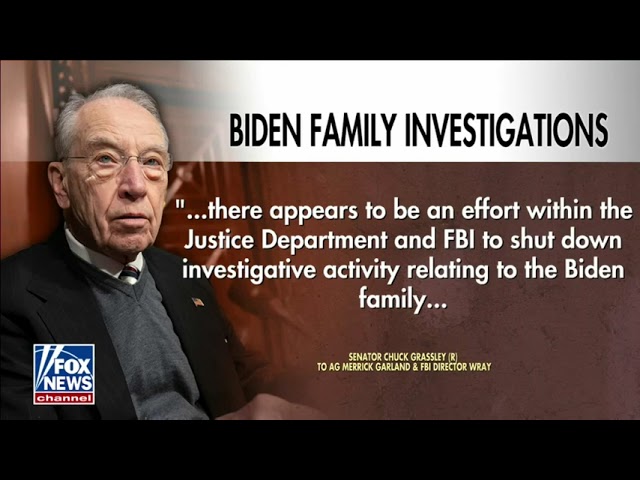Defense attorneys for former President Donald Trump cross-examined former Trump lawyer Michael Cohen on Oct. 25, seeking to establish a pattern of Mr. Cohen lying under oath to discredit him as a witness, a day after Mr. Cohen had testified that the former president had him inflate asset values on the Trump Organization’s statements of financial condition (SFC).
Mr. Cohen, a key witness for New York state in its civil fraud trial against the former president, eventually backtracked on his claim and said that he couldn’t “recall” President Trump “overtly” asking him to inflate numbers.
Mr. Cohen served as President Trump’s personal attorney for 12 years, during which time he gave many interviews to reporters about his boss’s track record as a leader and businessman. Then, in 2018, after getting swept up in an FBI investigation into associates of President Trump, Mr. Cohen broke from his former employer publicly, attacking him in the media and making claims that led to a criminal and civil suit against President Trump in New York.
The current trial deals with one of the allegations made by Mr. Cohen that the Trump Organization’s SFCs were artificially inflated to garner better deals from insurers and banks.
New York Attorney General Letitia James investigated the Trump Organization for three years after Mr. Cohen had made those claims in testimony before Congress. She’s suing President Trump for fraud, asking for $250 million in damages and to bar him and other Trump Organization executives, including his adult sons, from holding executive business posts in New York.
New York Supreme Court Justice Arthur Engoron had already ruled in a pretrial summary judgment that President Trump is liable for fraud, canceling his business certificates and ordering the dissolution of the Trump Organization and related limited liability companies. The trial will deal with how much President Trump owes in penalties, although the dissolution of his businesses has been paused pending appeal.
On Oct. 25, Justice Engoron also warned President Trump over a gag order that the judge had issued on Oct. 3 prohibiting both parties from making statements about Justice Engoron’s staff. During a break in the trial, President Trump had made remarks about “a person who is very partisan sitting alongside him, perhaps even more partisan than he is.” His attorney said that President Trump had been speaking about Mr. Cohen, and the judge said that didn’t seem to be the case but that he would take it under advisement.






